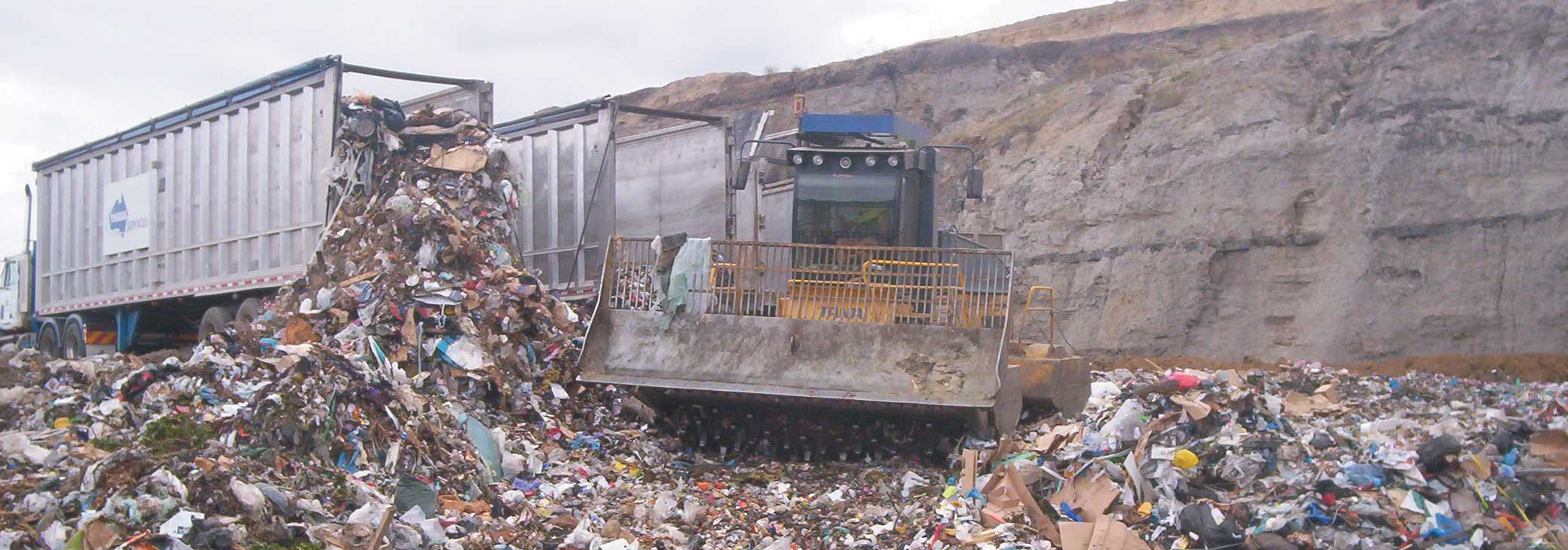
The Ti Tree Bioreactor technology significantly reduces the time required for the decomposition of waste.
It provides for rapid stabilisation of the waste and reduces its period of potential risk to the surrounding environment to within 5 – 10 years and produces 10 – 15% better settlement rates. This period is significantly shorter than the decomposition period required by traditional landfills to stabilise waste.
Ti Tree Bioenergy accepts the follow types of Waste.
The biogas created in the bioreactor is then extracted through the series of pipes that feed reciprocating gas engines which create green electricity.
The electricity generated at this an embedded biofuel power station is fed directly into the local distribution network, offsetting distribution losses in the network. Currently, Ti Tree Bioenergy trades the ‘black’ electricity produced with the National Electricity Market Management Company. The facility also benefits from Renewable Energy and Non-Fossil Fuel Obligation certificates.
The generator is a ‘base load’ type, meaning that it runs continuously throughout the year at its peak output and is registered as a market, non-scheduled generator. The projected export of electricity is to increase from the current 15,000MWh p.a up to 80,000 MWh by 2020; this figure is based around waste input and characterisation projections.
